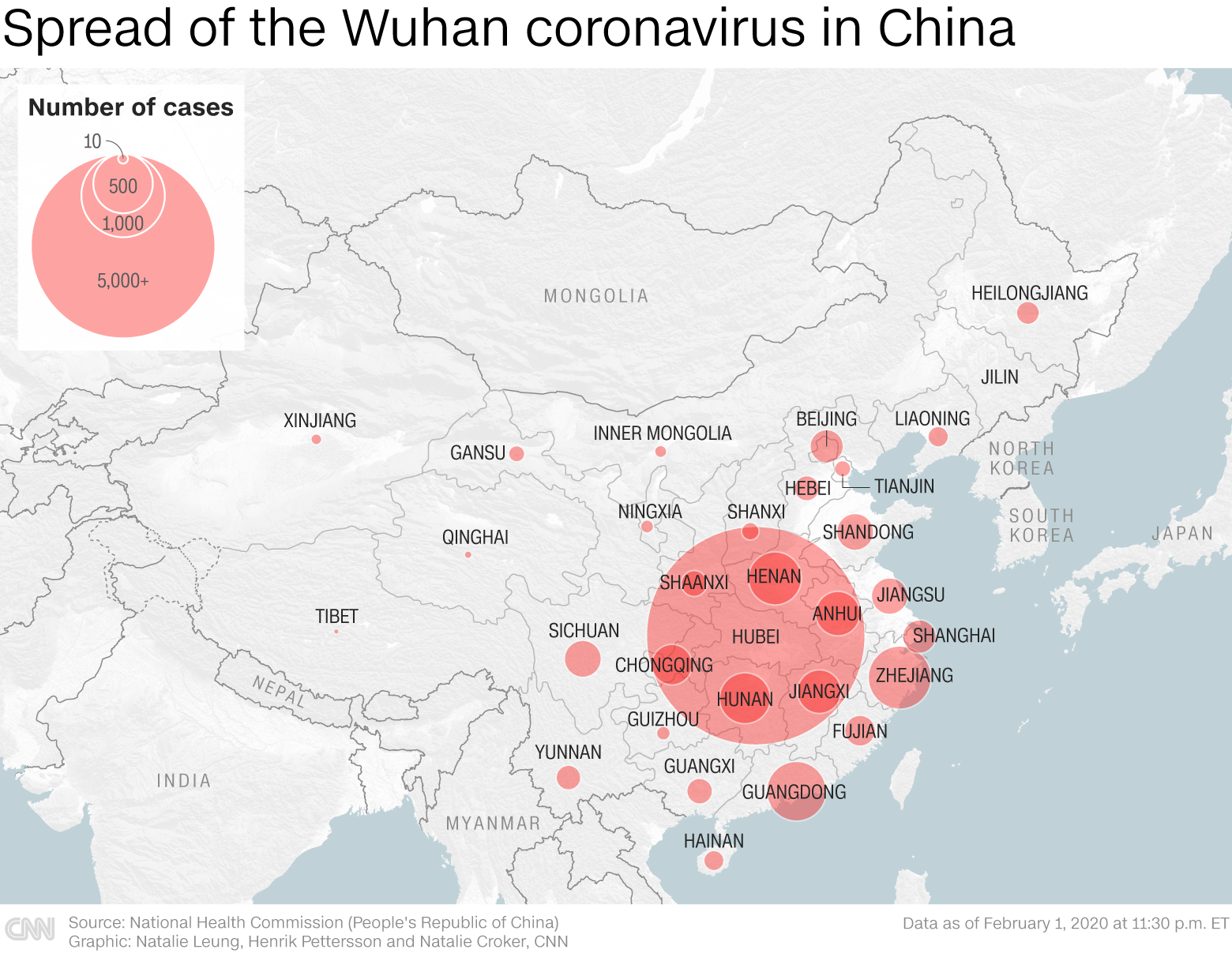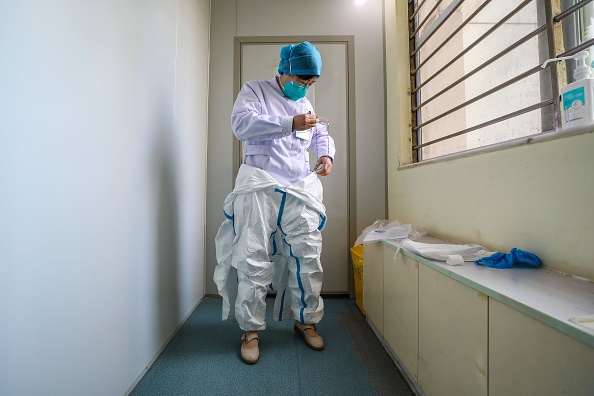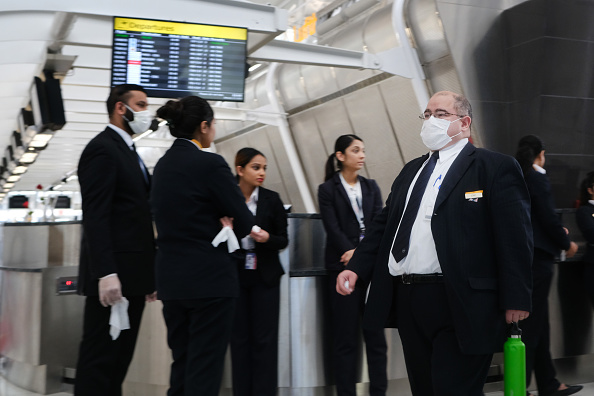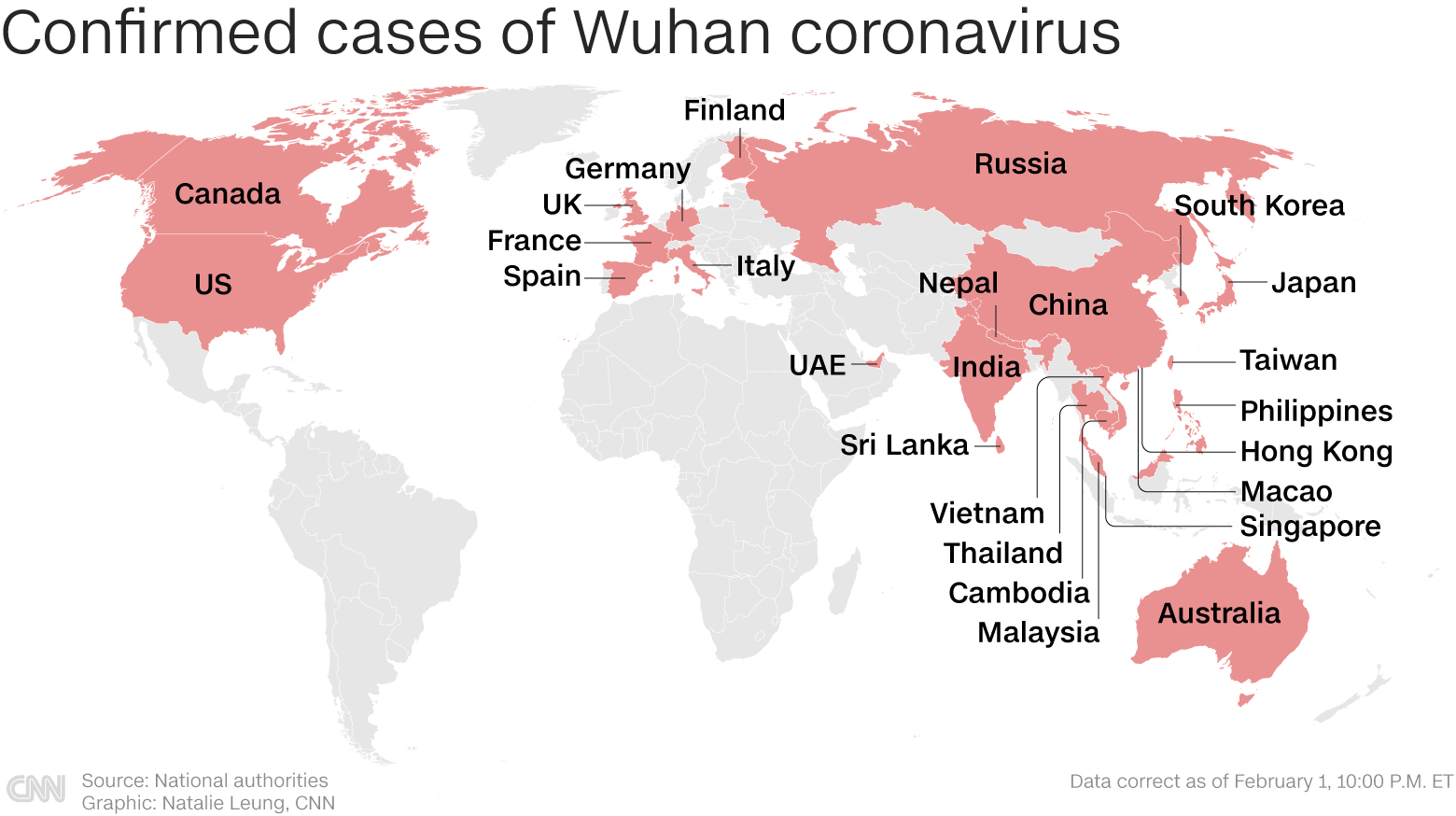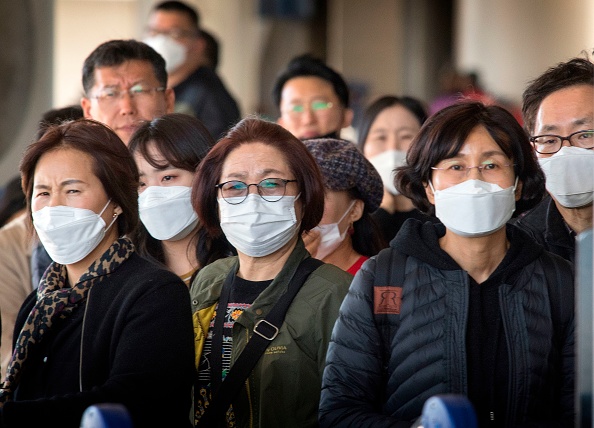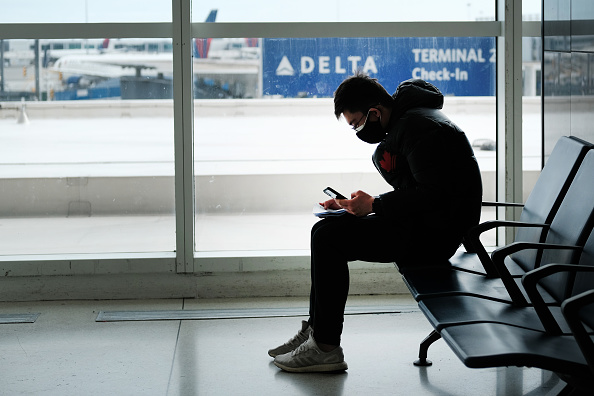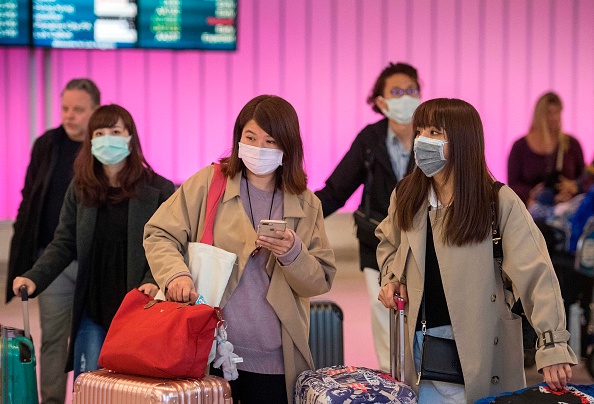If you've traveled in or transited through mainland China, you won't be allowed into New Zealand unless you're a New Zealand national.
The new restrictions on foreign nationals begin on February 3, Prime Minister Jacinda Ardern announced in a press release Sunday.
The ban will be in place for up to 14 days, and is aimed at helping contain the spread of the Wuhan coronavirus. So far, there have been no confirmed coronavirus cases in New Zealand or any South Pacific island.
New Zealand citizens and permanent residents and their immediate family members will still be able to enter -- but must self-isolate for 14 days after arriving back into the country.
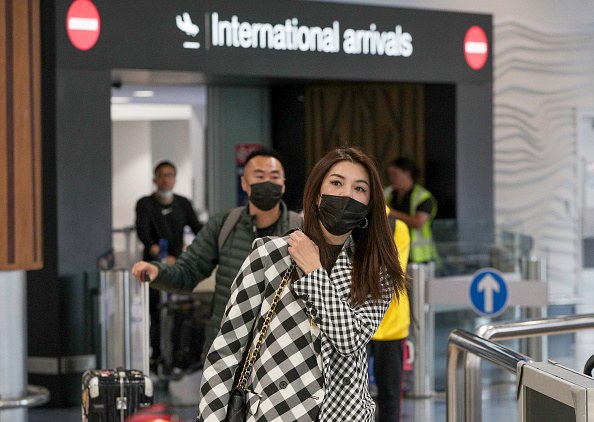
What does the New Zealand government say about traveling to China?
The Ministry of Foreign Affairs and Trade has raised its travel advice for mainland China to "do not travel," the highest level.
“(Cabinet) have been advised by health officials that while there are still a range of unknowns in the way the virus is being transmitted, we should take a precautionary approach and temporarily stop travel into New Zealand from mainland China, and of people who have recently been in China,” Ardern said.
Other countries have also banned people traveling from China
- On Saturday, Australia said it was denying entry to all travelers coming from, or who had transited through, mainland China. Australian citizens, permanent residents and their immediate families, and air crews who used appropriate protective equipment, are exempt.
- On Friday, the United States said it will deny entry to foreign nationals who have traveled in China in the last 14 days.
